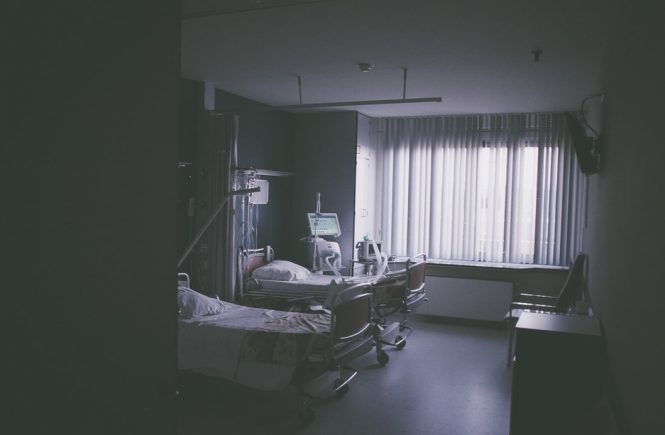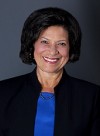At a graduation of a family friend, out of the blue, one in our group began lamenting that progressives tended to live in cities. She proposed that progressives should move to rural areas and “purge [such areas] of those awful conservatives.” Thus spake the tolerant Left. I was stunned. Given the festive occasion, I kindly reminded her that this is America and we are lucky that we have all kinds of people. I wanted to ask her what we should do with the conservatives. Re-education camps? Death by a continuous loop of Bernie Sanders speeches?
It is unfortunate that such unreasonableness isn’t isolated within the D.C. swamp containment zone.
These pied pipers who offer free college, free food, free medical care, and free money for simply having a pulse freely admit they have no idea how to pay for it. Oh, yes: tax the “rich” and corporations who will pass the tax on to consumers and employees in the form of higher prices and lower wages. And eventually the heretofore untouchable middle class will be taxed directly. Let’s not forget that free food and housing are components of slavery.
These Einsteins are scientists when it comes to global warming and evolution but think it’s medically acceptable to permanently sterilize 7-year olds to avoid appearing like a “transgender” bigot. Science lesson: there are 2 genders. Every human has 23 pairs of chromosomes. The X chromosomes and Ychromosomes determine sex. With rare exceptions of random abnormalities, female is XX and male is XY.
These self-described health care experts try to debunk innovative medical care delivery methods like direct pay and direct primary care subscription practices by claiming these are reserved for the rich. A mere $1,500 per year ensures that you and your doctor, make your medical decisions—not the government. These “experts” are the same people who prop up the medical-insurance-government industrial complex at the expense of private physicians, writing laws that favor big-box retail clinics staffed by non-physicians. These swamp creatures equate physicians with “mid-level” practitioners with one fifth the training and education as physicians—but likely demand the chairman of the department when they themselves need medical services.
These compassionate legislators are keen on the government taking over the “social determinants of health,” including loneliness. I anxiously await an army of a government operatives coming to our homes and telling us to be happy or else. Most people just want to control their own lives, even if their life does not fit the government blueprint. If you want your life to be your own, and your body to be your own, then you cannot let the government’s foot in the door.
These forward thinkers decided it was good public policy to ban children’s fathers from the home in order for the family to receive government funds. It became normalized for the federal government to be the daddy.
These elitists castigate the middle class for not wanting homeless people sleeping and defecating in front of their houses for which they worked two jobs, saved, and sacrificed for years. Their remedy is a tent city in a middle-class neighborhood that is nowhere near theirs. These people do not want to admit that the disintegration of the family and the moral decay leading to drug use and detachment from society is the first problem that must be addressed.
And the biggest hobgoblins of them all are the peddlers of faux racism. Americans do not wake up every morning hating on each other. They ponder their family’s safety and keeping a decent job to pay their bills. Something is seriously wrong, indeed demented, when a former First Lady—unchallenged—claimed that white Americans are “still running” from minority communities when they move to another neighborhood. Perhaps they are getting away from homeless encampments (with mostly white people) or poorly run government schools in Democrat-controlled cities. Get over yourself.
Everything is not about race. Get out in the real world and sit at a local bar or cafe in central Mississippi and watch blacks and whites eating and laughing together. Who is the hatemonger?
America has had a few tragic well-publicized racially motivated incidents. Undaunted, we continue to strive for liberty for all—despite the calculated enmity and scab-picking by rich and famous black people who ran away from minorities to live on a $15 million estate on Martha’s Vineyard (and not in Oak Bluffs) and who expect us to swallow their vitriol-laced baloney.
This insanity is patently sick and sickening. It is about power at any cost and not what can help move America forward.






